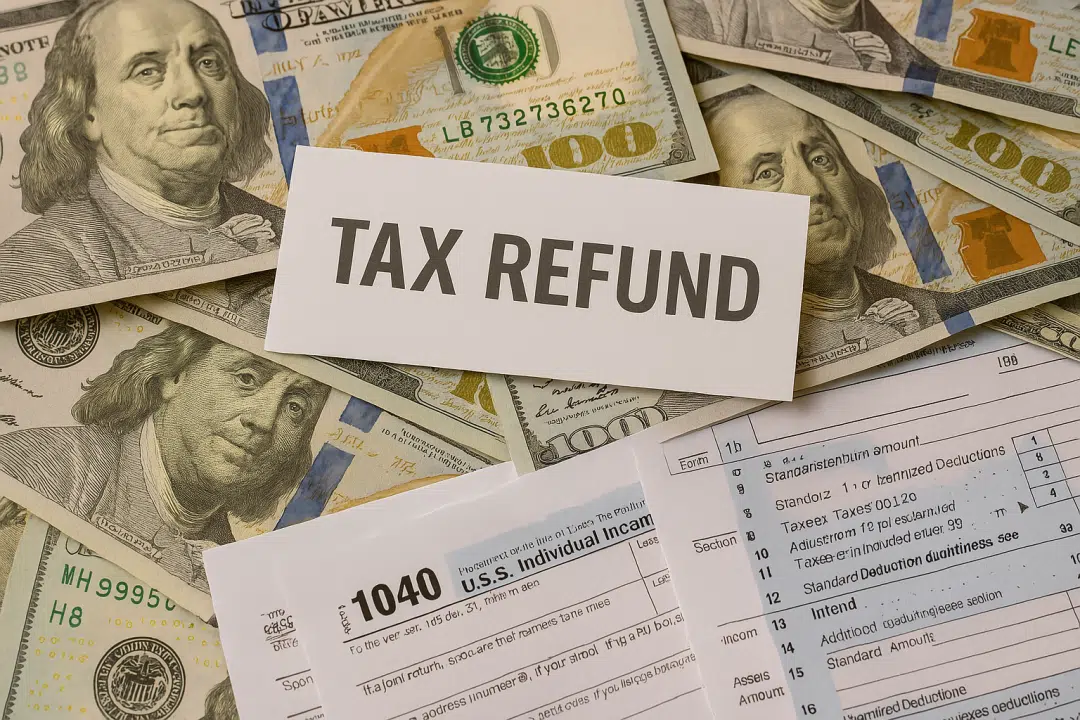
If you’re among the many Americans expecting a federal tax refund of around $3,000, your wait may soon be over. As of June 28, 2025, the IRS is continuing to process returns filed in late May, with the next wave of refunds scheduled to arrive in July.
Who’s Getting $3,000 in Refunds?
The average IRS refund for tax year 2024 is hovering near $3,000, especially for those who:
- Filed by the May 31 deadline
- Claimed credits such as the Earned Income Tax Credit (EITC) or Child Tax Credit (CTC)
- E-filed with direct deposit
July 2025 IRS Refund Schedule
Here’s when you can expect your refund in July 2025, based on how you filed:
E-Filed Returns with Direct Deposit
- Filed May 16–31: Refunds arriving June 6 – June 19
- Filed June 1–15: Refunds arriving June 20 – July 3
- Filed June 16–30: Refunds arriving July 4 – July 17
E-Filed with Paper Check
- Filed May 16–31: Refunds arriving June 13 – June 26
- Filed June 1–15: Refunds arriving June 27 – July 10
- Filed June 16–30: Refunds arriving July 11 – July 24
Paper-Filed Returns
- Filed May 16–31: Refunds arriving July 11 – July 25
- Filed June 1–15: Refunds arriving July 25 – August 8
How to Track Your Refund
Use the IRS’s “Where’s My Refund?” tool:
- Visit irs.gov/refunds
- Enter your SSN or ITIN, filing status, and exact refund amount
- Results update once per day
Or download the IRS2Go mobile app for easy tracking on the go.
Why You Might Experience Delays
Several factors could delay your refund:
- IRS backlog or high volume
- Errors on your return
- Identity verification issues
- Mailed returns instead of e-filing
Pro Tip: E-File with Direct Deposit for Fastest Refund
The fastest way to get your refund—especially the expected $3,000 average—is through electronic filing with direct deposit. Most of these are processed within 21 days, and many July payments are on schedule now.
Don’t Miss Your Refund
If you’ve already filed and are still waiting, July could be your payout month. Check your status daily, and if more than 21 days have passed since you filed electronically, it may be time to contact the IRS.
Need help navigating tax season or filing an amended return? Use the IRS’s resources or speak to a tax professional.
